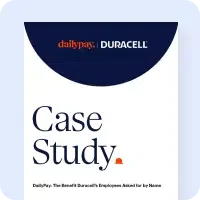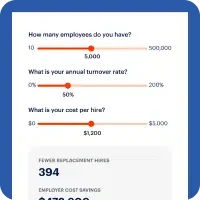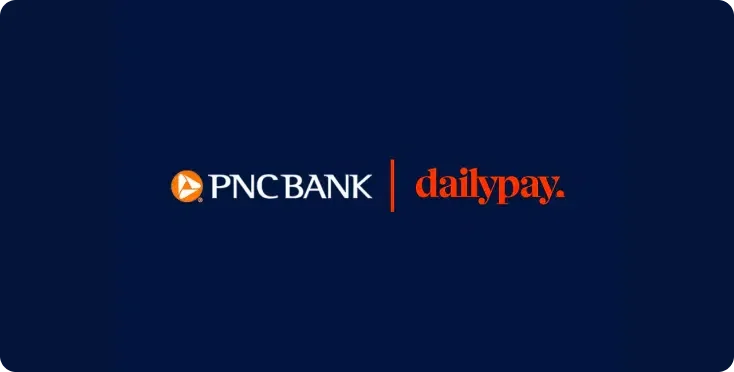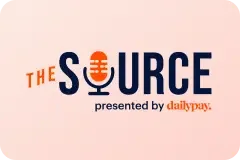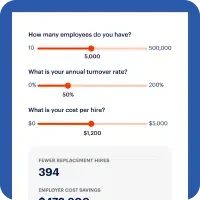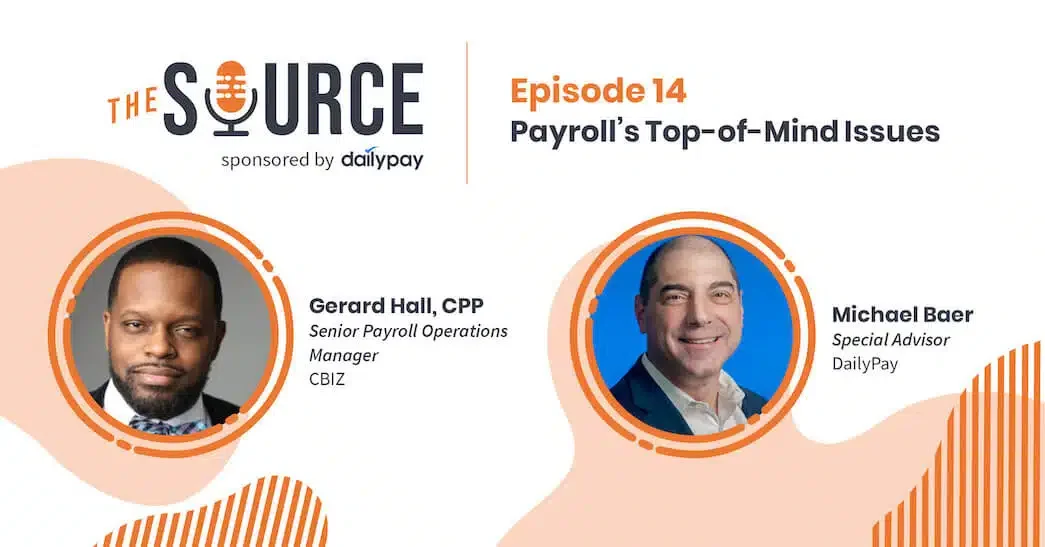Payroll issues created by the pandemic in 2020 are continuing into 2021 for those in the payroll trenches, like Gerard Hall, CPP, senior manager of payroll operations at CBIZ, a Roanoke, Virginia-based HR and payroll service provider.
Issues for payroll include some federal COVID-19-related provisions that were extended, and some that were not, under a law passed in late December 2020.
“While we would love to get past 2020, we’re still having trickle-down effects because of the extension of these laws and some of the laws that do extend into future years,” Hall said during a recent Source by DailyPay podcast. The podcast focused on those concerns, the fallout from remote work for payroll, and what the future may hold for payroll as we climb out of the pandemic-stricken economy.
(After this podcast, in March, the American Rescue Plan Act further extends employment tax credit opportunities through the 3rd quarter, 2021, and includes state and local government employers.)
Hall, whose social media handle is “That Payroll Guy,” like his payroll peers, is still dealing with the nuanced language and confusing provisions of legislation passed and extended to provide coronavirus relief.
For coronavirus relief, there are paid leave requirements under federal law, which generally impact employers with fewer than 500 employees. These are governed by both the Labor Department to determine sick and family leave pay eligibility, and the IRS to determine the dollar-for-dollar employment tax credit on amounts employers paid to employees on leave due to coronavirus issues.
While the requirement to provide paid leave under federal law is no longer in effect, employers can still take a tax credit if they choose to provide this kind of leave to workers who qualify.
The December extension impacts how employers can claim an employee retention tax credit (and how it may or may not relate to the Paycheck Protection Program), according to Hall. “Previously, if you took out a PPP loan, you couldn’t do the PPP loan and get the employee retention credit. Well, now you can.”
Then there is the fallout from the Social Security tax deferral programs, one for employers that started in the end of March 2020, and one for employees that started in September. Both ended Dec. 31, 2020, Hall said, noting the inconvenient timing of both. “Okay, why is this happening as of September 1st? Could we have waited until October (the beginning of a new calendar quarter)?”
Corrections to 2020 W-2s Required
And for the employee deferral, an employer involved in withholding extra this year to catch up the deferred tax payments will also have to issue a corrected Form W-2c to affected employees for 2020, once the full payments for 2020 have been made, Hall said.
Special Form W-2 reporting of these amounts withheld in 2021 also is required, but “hopefully we’ll see a lot more clarity for 2021 as to what is needed for the W-2,” Hall said.
None of the federal laws impact the vexing state tax issues that are coming to a head for those working remotely in a state other than where they worked before the pandemic. According to Hall, for many employers, it has been convenient and seemed ”like a great idea. . . until you get into taxation.”
“Hopefully, they will get to a place where there can be some type of uniform guidance for all 50 states, so that we don’t have to worry about what each state does,” Hall said. “But I’m not going to hold my breath on that.”
Technology Key to Operations, But We’ll Meet Again!
For continuing payroll-related events on the statewide or local levels, Hall, who had roles in putting on the Virginia Statewide Payroll Conference, said, “It’s been a challenge, especially for people in our industry, because they’re so used to attending a meeting in person, being able to high-five people, and laugh and ask questions in a room, to where now we’re sitting behind a computer.”
As for applying new technology to payroll, Hall recognizes that on-demand pay or “early access to wages is a thing.” He said that people looking for work are identifying that if two employers offer equal salary “but one job offers early access and the other one doesn’t, that they would take the one that did.”
In regard to payroll’s prospects in the next five years in general, Hall said, “It’s all about the technology, so that we can remain relevant in the industry, so that we can get the ‘up and comers’ who are wondering what to do after they get their degree.”
“So as long as I can access and process payroll anywhere in the world, that’s going to be huge,” Hall said. “I shouldn’t have to come into an office and sit at a desk in order to process.”
You can access the full podcast and subscribe to other Source by DailyPay episodes here.
DailyPay, the recognized gold standard for on-demand pay delivery, sometimes called earned-wage access, is a sponsor of the American Payroll Association and also partners with the Bipartisan Policy Center to help bring more awareness of policies that can assist Americans in building financial security.
For additional resources on this topic, see:

